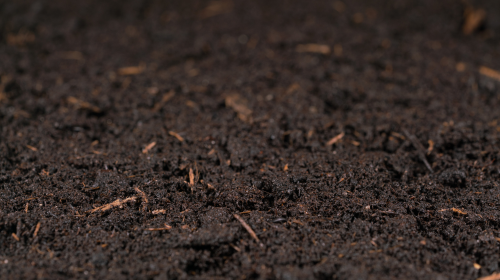
13 June
Chancellor of the Exchequer Rachel Reeves’ spending review has been met with a mixed response from farmers. Despite the government’s announcement that there will be £2.7 billion annually made available for farming and nature recovery until 2029, there will also be a £100 million cut to farming and countryside programmes including Sustainable Farming Incentive, Countryside Stewardship, Landscape Recovery and capital grants, while Defra's budget itself is facing cuts of 2.7% in real terms.
Former chair of the Environment Agency Emma Howard-Boyd has warned that successive governments have failed to deal with the threat posed by spreading sewage sludge containing toxic ‘forever chemicals’, microplastics, and other industrial pollutants on farmers' fields, which have caused serious harm to farmland soils across the UK.
Countries across Europe, including the UK, have been hit by severe drought conditions in recent months, resulting in crop failures reported by farmers across Europe. New data from the Copernicus Climate Change Service data shows that May 2025 was the second-warmest May globally, with an average global temperature 1.4°C higher than pre-industrial temperatures for May.
This coming week regenerative farmers, policy makers, landowners and leaders in regenerative agriculture will gather at the Ark Summit 2025 in the Cotswolds to discuss soil health, regenerative agriculture, ecosystem restoration and nature-based solutions and food systems change.
The recently published Nuffield Farming report, authored by Hannah Fraser, demonstrates a clear relationship between farming methods and crop nutrient density. The report identifies soil health, crop breeding, and biofortification as the growing practices which most effect crop nutrient density.
A recent study, published in Nature Ecology & Evolution journal, has shown that as global temperatures rise, bacteria in soil are becoming more likely to carry genes that make them resistant to antibiotics. This discovery is especially important because soil is a major reservoir of bacteria, many of which can transfer resistance genes to harmful bugs that infect humans and animals.
Results from a farm trial in Wales testing a new compost extract developed by the Soil Ecology Laboratory has indicated positive results for soil health in only seven months. The product nicknamed ‘Goop’ is rich in beneficial bacteria, fungi, protozoa, and nematodes and aims to support soil health and improve soil nutrient efficiency, potentially reducing the need for synthetic fertilisers.